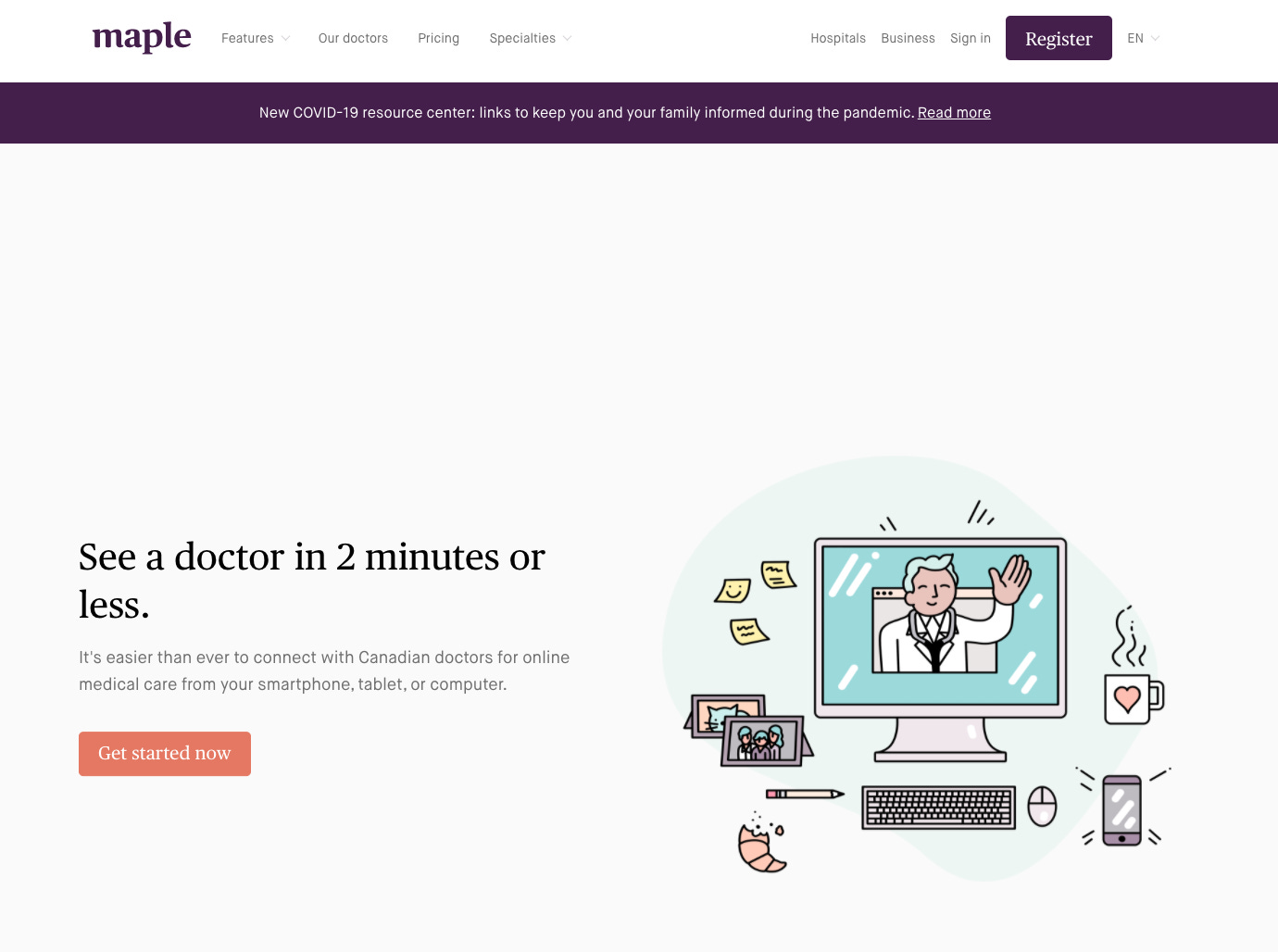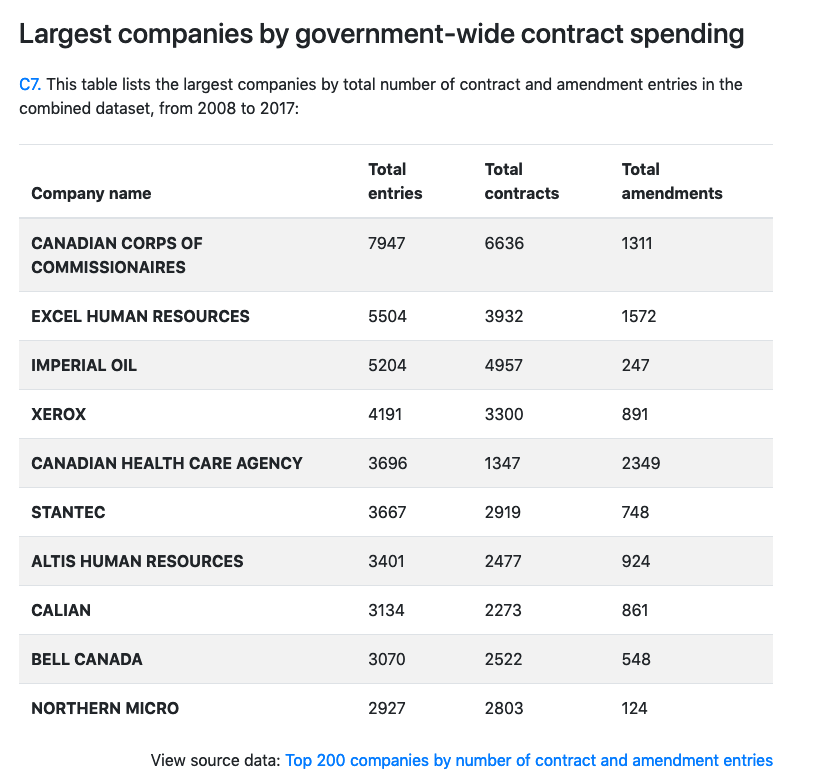#16
🍁public interest overriding dirty
🤳regulatory entrepreneurship: tik tok
🔦spotlight: maple
📊procurement: proactive disclosure of contracts in Canada
👀privacy: public interest override in AB
☄️space: MIT's newsletter "airlock" seems neat
📖book: Turning Point - Policymaking in the Age of Artificial Intelligence
🎶tune: Free Woman (Lady Gaga)⏰ tik tok
Can we just talk about the TikTok acquisition debates for a sec?
Microsoft said on Sunday that it’s negotiating to buy the TikTok app, but only in the United States, Canada, Australia and New Zealand. While the app may have initially (still?) been dismissed as a silly social tool for teens (not wrong), we need to think about whether the tool (social) and core audience (again, for the readers in the back, teenagers) creatively leads to regulators disregarding it.
So many of the same issues that have come to characterize nefarious apps are true for TikTok: data slurping, bonkers permissions, location tracking, and more. So why aren’t policymakers speaking up and out about TikTok? The firm recently hired a Director of Government Affairs (he comes from Amazon), so you know they have some lobbying underway.
Instead, we’re silent with our little wait-and-see approach. The worst part is, we’ll probably see a lot of politicians trying to connect with young people on the platform, especially since it seems like We Day is getting cancelled this year. More seriously, we consistently marvel at the regulatory entrepreneurship of this companies while doing very little - if anything - to get in their way with the tools that we have.
Can you hold something accountable when you sort of need it?
We see this tension constantly with Facebook, less so with Twitter. What would it take to pro-actively regulate an emerging digital platform? What do we need that we don’t have? I’d say “holler at me in the comments,” but honestly - write to me, I’d like to think on this more with you.
🔦 spotlight: maple
The pandemic has accelerated the transition to telemedicine for many, as virtual care emerged as a cornerstone in Ontario’s mission to protect patients and care providers during the COVID-19 pandemic. This note from Zoom on PIPEDA and PHIPA compliance suggests that every physician could just get an account and be good to go.

Of course, there are a range of more sophisticated platforms and companies facilitating a consultation with a Doctor. I can’t help but wonder if these companies represent the creep towards more of a two-tier system.
For instance: why do you have to pay them $49? Unlike the traditional health care system, Maple employs second-degree pricing - it varies by the time of day (!) and speciality.

I’m not a health policy pro, and wanted to understand this dynamic better, so I summoned my inner Harriet The Spy and got Googlin’. It seems like the vibe is all: '“we innovated faster than Ontario, so you have to pay for it,” which goes against the spirit of the Health Insurance Act and commitment to the Future of Medicare Act.
Maple’s website advises that “telemedicine visits are not widely covered by provincial health plans in Canada.” For real?
I found a recent Bulletin re: Virtual Care Program - Billing Amendments to Enable Direct-to-Patient Video Visits and Modernize Virtual Care Compensation.
As of April 1, 2020, telemedicine premiums were removed and new fee codes became active.
Physicians and dentists are not paid on par to in-person care for services delivered via a video visit.
The fee codes for a direct-to-patient video indicate that your first visit is $35.
Another resource is the Virtual Care Billing Information Manual (April 2020).

💸 So - it really seems like it costs zero dollars to see a Doctor on the computer or $50 with Maple.
Is this platform predatory re: people that lack a personal physician? About 10% of Ontarians don’t have a family doctor.
FYI in February of 2020, the Virtual Care Task Force — a collaboration of the Canadian Medical Association, and the regulatory bodies of family doctors and specialists — released its recommendations for expanding the implementation of virtual care in Canada. Some of the key recommendations were: new fee schedules, simpler physician licensing, incorporating virtual care into physician training, and national standards for patient access to health information.
📊 procurement fun times
Last week, we peeked at the tech inquiry Lobbying and Contract Explorers. 👀
Thanks to technology in government maverick Sean Boots for bringing a recent Ottawa Civic Tech project to my attention.
Basically: very cool people did a project to analyze Government of Canada "proactive disclosure of contracts" data. My understanding is that the main goal was to tally up total contract spending across departments for given companies.
The final results are here.
NOTE: It only covers 2008 to 2017 based on the data that was available at the time, by now it'd probably be possible to add 2018 and 2019 data. Does anyone want to tag in?

Late to this thread, but seconding Sean's points—would be super cool to have more folks know about this! Interestingly, this project largely fills a gap / covers a previous period in how contracts were proactively disclosed. In addition to PSPC's contract history dataset, there's the proactive disclosure dataset for all contracts greater than $10k—these two datasets kinda somewhat overlap? It’s not an altogether clear relationship sometimes. But the new proactive disclosure dataset is, all things considered, pretty great.

I believe that the “Canadian Corps of Commissionaires” is “Commissionaires,” Canada’s largest private sector employer or veterans and the only national not-for-profit security company. Excel HR is a recruitment company.
A lot of what we refer to as “public” policy isn’t very public at all. So much is outsourced: expertise, programming, consultation, implementation. We didn’t design governance to just circulate dollars (or did we)?
🔏 privacy, please: Alberta
At the end of July, Alberta’s Information and Privacy Commissioner (Jill Clayton) released a report that looked into the use of the “public interest override provision” (section 32) by public bodies under Alberta’s Freedom of Information and Protection of Privacy Act.
Basically we’re not disclosing information that we should. Newsletter is tight on space so click the above for more (sorry).
👽 space: MIT’s airlock
Guys, it’s the gateway to the future of space technology. We should sign up.

Also, in the US, the Federal Communications Commission (FCC) approved plans from Amazon to send 3,236 satellites into orbit to beam internet coverage down to earth. There are a few conditions to the approval - one of which is that Amazon needs to submit a detailed plan for how it will mitigate orbital debris (I want to read that briefing note!)
📚 legislative pages: Turning Point
I am reading Turning Point: Policymaking in the Age of Artificial Intelligence, and so far it is great descriptively (where is AI being deployed, what are some of the risks). Not at the policy prescriptions yet, might do a little book report later. I find I am starved for this kind of literature.

I will take a second to say that I hope we don’t over-credentialize this space and resist gatekeeping. I think it’s important to have and train many minds on these issues as we keep learning and digesting.
NB. The e-book is also available at the Toronto Public Library (don’t tell Ken Whyte).
🎹 tune: Free Woman
I'm a free woman
I'm a free woman
I'm a free woman
I'm a free woman
Oh-oh (oh yeah)

Vass Bednar writes “regs to riches” and is a public policy solo-preneur.
She can be reached at vasiliki.bednar@gmail.com or follow her (er, me) on Twitter @VassB.
Archives available via regstoriches.substack.com



